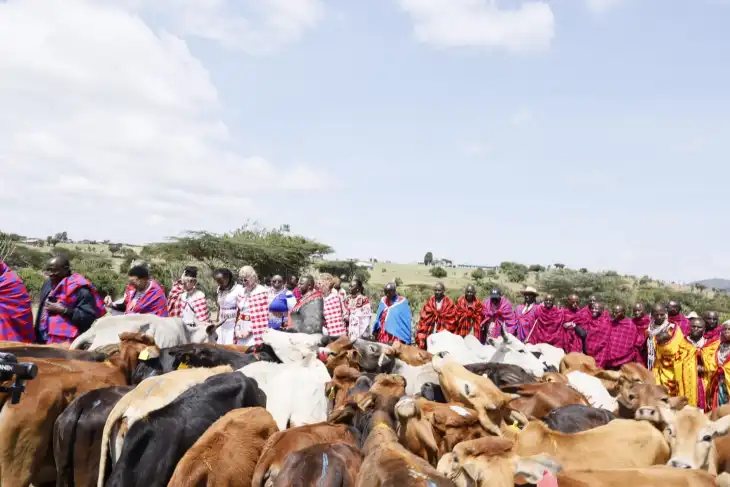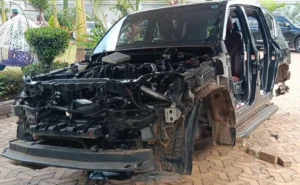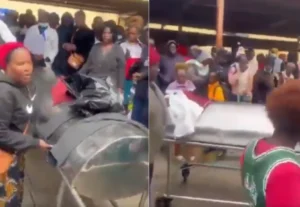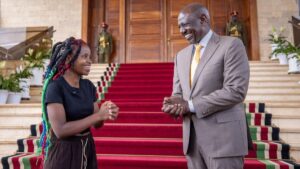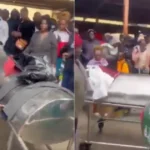Four Maasai communities in Kenya and Tanzania have received more than 100 cows as restitution in exchange for artefacts stored in Oxford University’s Pitt Rivers Museum.
The artefacts were first discovered in the museum by a Kenyan scholar, Samuel Sankiriaki, who took a tour of the museum in 2017 and reported being curious about how they got to the museum. They are believed to have been taken from the Maasai community during the colonial era and moved to England.
Read Also: Facts About the Maasai Community of Kenya and their Culture
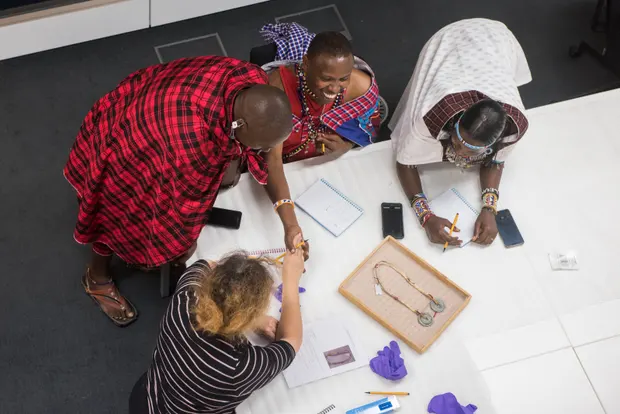
Following their declaration that they were concerned about the portrayal of their culture by the artefacts’ existence in the museum, casting Maasai culture as dead, Maasai representatives visited the museum in November 2017 and 2018 to discuss the care of objects. The Guardian reported that they explained the importance of each of the artefacts in the museum to their culture.
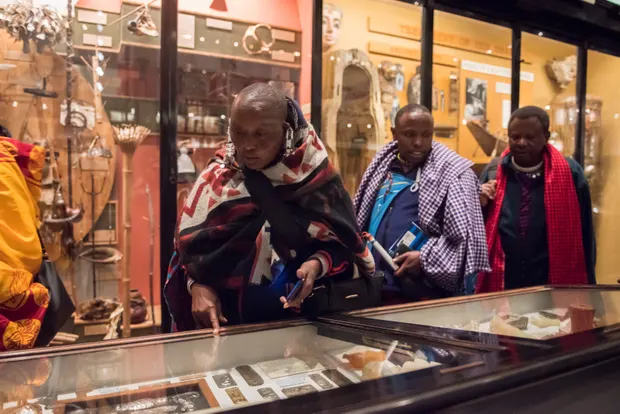
Oxford University has acknowledged that its museum has more than 100 artefacts belonging to the Maasai community and some of them may have been acquired through brutal means in the colonial period. The Pit Rivers Museum sent a delegation to the Maasai community led by Prof. Dr. Laura Van Broeckhoven who met with Maasai communities. They discussed whether they would accept compensation for their artefacts which have been in the museum for more than a century or have them returned to the respective communities.
Subscribe to our Youtube channel Switch TV
The delegation participated in a Maasai cleansing ritual before handing the cattle over to them.


